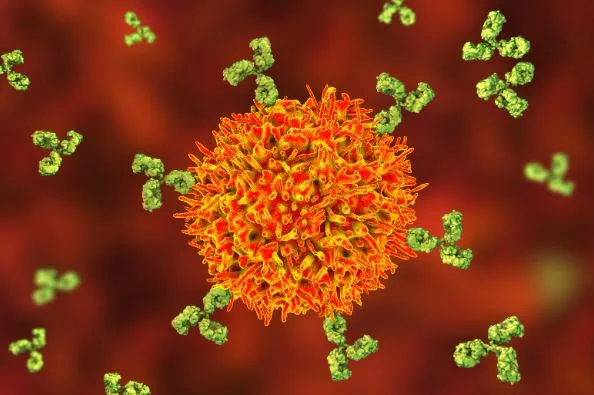Why Relapse Doesn’t Mean Failure in Addiction Recovery
The Reality of Recovery
For many people navigating substance use recovery, relapse feels like the worst-case scenario. It’s common to fear that returning to drugs or alcohol—even once—means that treatment didn’t work, or that lasting sobriety isn’t possible. But in reality, relapse is often a part of the process.
Like managing any chronic condition, recovery from addiction involves learning, adjusting, and confronting challenges as they arise. A relapse doesn’t erase progress—it simply signals that something needs attention.
When viewed through the right lens, relapse becomes a valuable opportunity to deepen recovery and strengthen long-term resilience.
What Exactly Is a Relapse?
Understanding the Nuance
Relapse occurs when a person in recovery returns to substance use after a period of sobriety. It can happen once, or it can become a pattern. But not all relapses are the same:
- Lapse (or slip): A brief return to substance use, followed by recommitment to recovery
- Relapse: A more prolonged return to old patterns and behaviors
- Recurrence: A neutral, clinical term that avoids the emotional weight of “failure”
Recognizing the difference can help reduce shame and encourage timely intervention.
Why Do People Relapse?
Triggers and Vulnerabilities
Relapse doesn’t happen in a vacuum. It’s often triggered by:
- Emotional stress: Grief, anxiety, anger, or loneliness
- Environmental cues: People, places, or routines associated with past use
- Physical discomfort: Pain, fatigue, or illness
- Unmet needs: Lack of support, purpose, or connection
- Mental health symptoms: Depression, trauma, or untreated psychiatric conditions
Even people who are deeply committed to their recovery can relapse if they don’t have the tools or support to handle these pressures.
Reframing Relapse as Feedback
What Went Missing?
Rather than framing relapse as a moral failure, many recovery models view it as a learning experience. Questions worth exploring include:
- Was there a gap in support or structure?
- Did I miss warning signs of emotional vulnerability?
- Was I trying to manage too much on my own?
- Did I stop using the tools that worked for me in the past?
This type of reflection, ideally supported by a therapist or recovery coach, turns relapse into a powerful diagnostic moment.
How Quality Treatment Centers Handle Relapse
No Judgment, Just Reconnection
A strong treatment program won’t shame clients for relapse—instead, it will:
- Welcome them back with compassion
- Help assess what triggered the return to use
- Rebuild a personalized plan of care
- Address any co-occurring mental health issues
- Strengthen relapse prevention strategies moving forward
Centers like drug rehab Northern California programs are equipped to meet clients where they are, whether they’re beginning treatment for the first time or returning after a slip.
Preventing Future Relapse With New Strategies
Not Just “Try Harder”
Avoiding future relapse doesn’t mean being tougher or more disciplined. It means adjusting the recovery plan to meet evolving needs. This might include:
- Increased outpatient support or therapy
- Medication-assisted treatment (MAT)
- Lifestyle changes for stress reduction
- Creating better boundaries in relationships
- Developing a stronger sober network
When clients feel supported—not punished—they’re more likely to stay engaged and committed to change.
Creating a Personalized Relapse Prevention Plan
Effective prevention involves:
- Identifying personal warning signs
- Building a toolkit of coping mechanisms
- Knowing who to call in moments of distress
- Having contingency plans for high-risk situations
This process empowers clients to take ownership of their recovery with clarity and confidence.
It’s a Detour, Not the End
Relapse is not a sentence—it’s a signal. It shows where more support is needed, where boundaries can be reinforced, and where growth is still possible.
By shifting the focus from shame to insight, individuals can emerge from relapse not defeated, but wiser and more deeply committed to healing. And with the right clinical and emotional support, even the most painful setbacks can lead to stronger, more resilient recovery.
Whether you’re seeking help for the first time or returning to treatment after a relapse, drug rehab Northern California programs provide compassionate, evidence-based care designed to support every phase of the journey.





